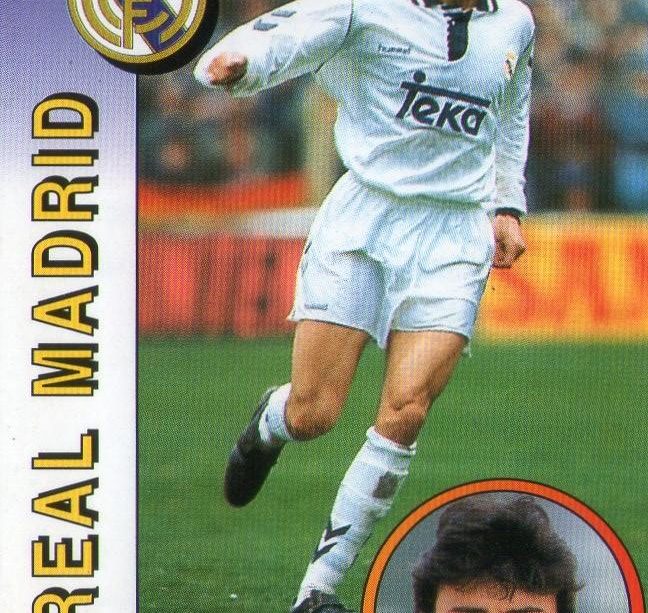The Legacy of Luis Enrique: Player and Coach

Introduction
Luis Enrique, the former Spanish international football player and current manager, holds a prominent place in the world of football. His remarkable career as a player and his recent managerial success have made him a significant figure in shaping the football scene not only in Spain but across the globe. With the increasing pressure and scrutiny on football coaches, Enrique’s journey provides insights into the complex dynamics of high-level football management.
Career as a Player
Born on May 8, 1970, in Gijón, Spain, Luis Enrique began his professional career with Sporting Gijón before moving to Real Madrid in 1991. While he had a relatively brief tenure at Madrid, it was during his time at FC Barcelona (1996-2004) that he rose to legendary status, winning numerous domestic and international titles, including the UEFA Champions League and multiple La Liga championships. Enrique was known for his versatility as a player, contributing significantly in midfield and as a forward.
Transition to Management
After retiring, Enrique embarked on a successful managerial career. He started with Barcelona’s B team before taking the reins of the first team in 2014. Under his leadership, Barcelona achieved unprecedented success, winning a treble in the 2014-2015 season. His attacking philosophy and emphasis on player development became crucial to the club’s identity. This management experience laid the foundation for his later role as the head coach of the Spanish national team.
Recent Developments
As of 2023, Luis Enrique’s position as the head coach of the Spanish national team continues to draw attention. His tactical approach and ability to nurture young talent have garnered respect and support from fans and analysts alike. Recently, Spain’s performance in international tournaments has shown promise, with Enrique’s strategies leading them to notable victories. In addition, enlarged visibility through social media platforms has allowed Enrique to connect with a broader audience, enhancing his influence as a modern football coach.
Conclusion
The impact of Luis Enrique on football is undeniable. His dual career as a player and coach has provided him with unique insights into the intricacies of the sport, making him a respected figure in the football community. As football continues to evolve, observing how Luis Enrique adapts his strategies and influences future generations will remain crucial for fans and aspiring players alike. With the 2024 UEFA European Championship on the horizon, all eyes will be on how Enrique leads Spain in their quest for glory.









